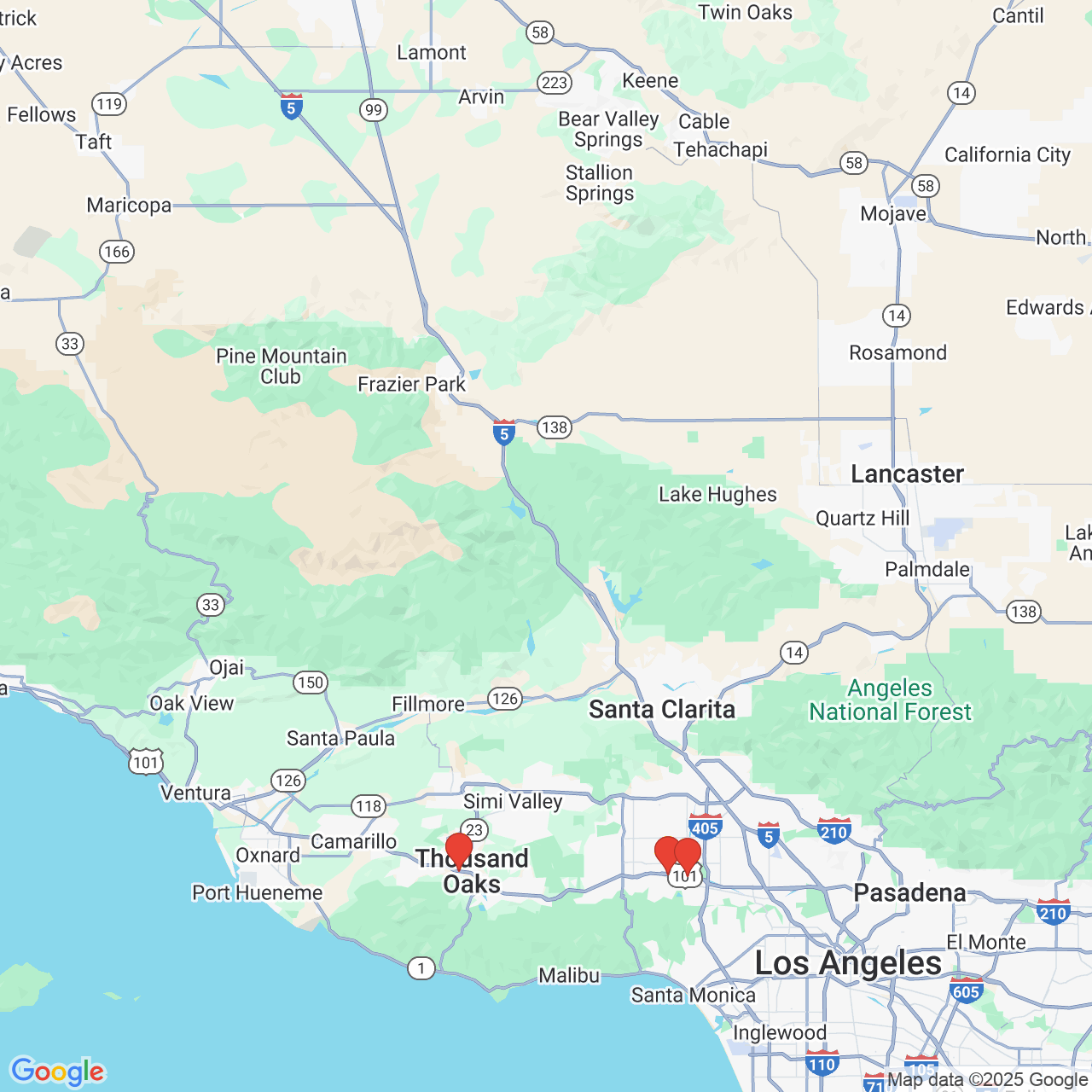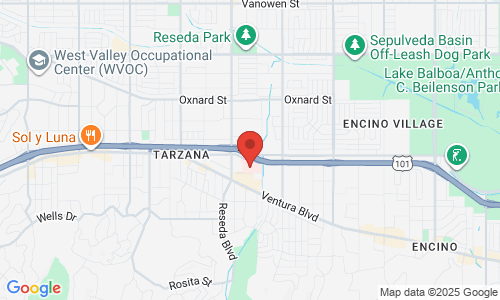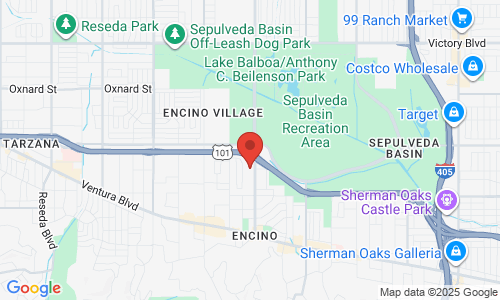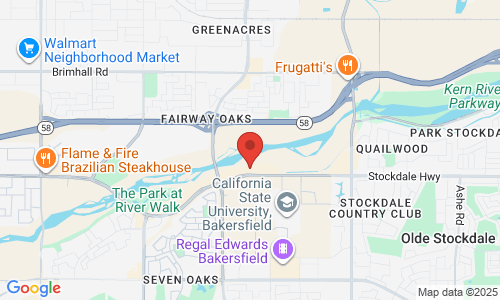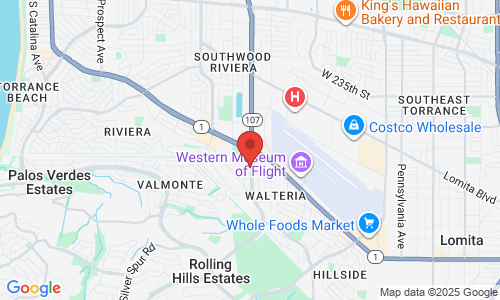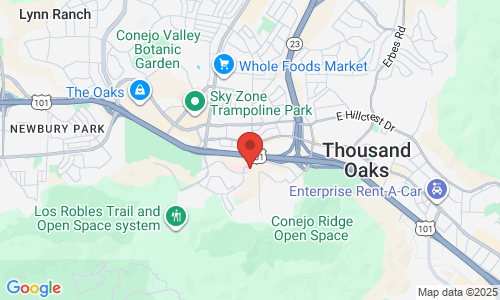Everything you need to know about egg freezing part I: Who should freeze eggs?
Human fertility, or the ability to become pregnant, decreases as women get older. At 20 years of age, most women are at their peak, 100% of fertility potential. In the next 15 years, by 35, most women maintain approximately 50% of that peak potential. By 45, the fertility potential declines to almost zero

This decline in fertility potential is due to the fact that women are born with all the eggs they will ever have. That supply diminishes on a monthly basis from the day of birth until menopause, at which point there are no more eggs. Furthermore, as the egg supply diminishes, the ability of any single egg to become a baby also diminishes. Unfortunately, human ovaries cannot produce new eggs. Thus, as the egg supply diminishes, the ability to become pregnant diminishes as well.
Egg freezing, officially known as oocyte cryopreservation, circumvents this natural decline in fertility by allowing women to preserve a cadre of eggs before they diminish in quantity and quality.
Who is a good candidate for egg freezing?
Late teens - early 20s
From a purely medical point of view, women in their late teens and early 20s are ideal candidates for egg freezing. At this point in life, the egg supply is plentiful and each individual egg is at its peak potential for becoming a baby. Further, studies of egg freezing in this group reveal excellent success rates.
On the other hand, egg freezing in this group is likely inefficient from a cost and usage point of view. Many young women will go on to conceive naturally and never use their frozen eggs. Additionally, some women in their early 20’s may have different feelings about motherhood in the subsequent 20 years and decide not to use their frozen eggs. Lastly, younger women are less likely to be financially stable and therefore the cost may be prohibitive.
Late 30s - early 40s
From a cost and usage point of view, women in their late 30’s and early 40’s are ideal candidates for egg freezing. These women are more likely to use frozen eggs because they will be moving beyond their normal fertile window in a shorter period of time. Personal views on motherhood have had time to develop and solidify and financial stability is more common.
Medically speaking, freezing eggs at 40 or later is considerably less desirable. Fewer eggs are produced and the eggs that are retrieved have lower chance of resulting in a live birth. For these reasons, some fertility centers will not freeze eggs in women over 40.
Mid 30s
Many specialists believe that the mid 30s is an ideal time to freeze. Most women still maintain an adequate quantity of eggs which have a reasonable chance to go on to become a baby. Also, women in their mid-30s are more likely to use their eggs in the subsequent years. Further, these women are capable socially and financially to pursue egg freezing.
Ultimately, the ideal time to freeze eggs is a personal decision. There are some 20 year olds that decide it is the right thing for them to do. Also, some 42 year olds feel that they would like to try despite low chances. My professional opinion is that 35 years of age represents a good compromise between biology and logistics. Women around that age are best suited for egg freezing.
If you have any questions about egg freezing or fertility treatment in general, fell free to contact us, we are happy to speak with you.


